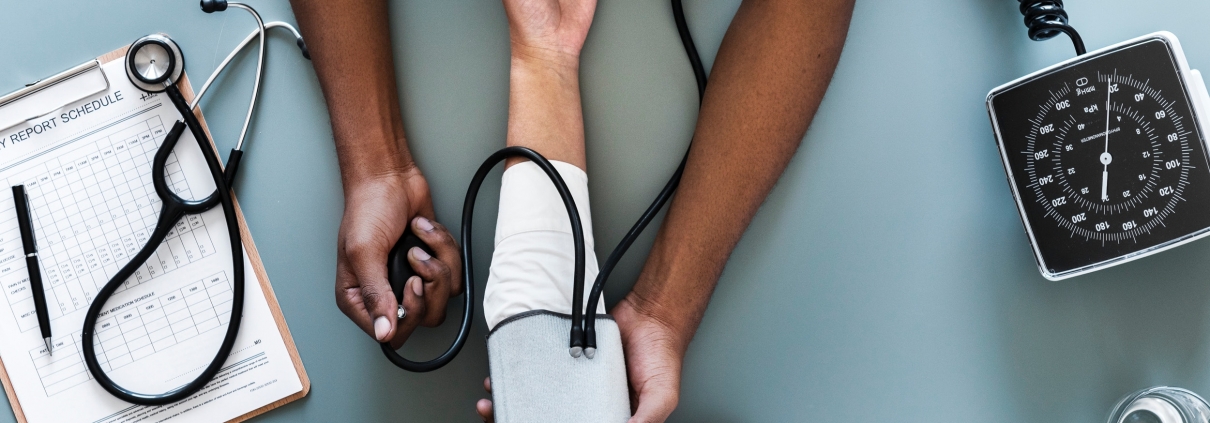Brazil health precautions for foreigners
You’ve decided to move to Brazil, and you’ve heard about some of the tropical diseases that have regular outbreaks down there. Personal health is not some trivial problem that you can easily neglect. You keep asking yourself, with all the problems down there, should you still consider moving? Absolutely. But to protect yourself against tropical infections – Brazil health precautions for foreigners are a must. So, let’s sit down and have a brief overview of what you should and shouldn’t do.
To learn what Brazil health precautions for foreigners are, let’s call the experts

Health experts say that when traveling to Brazil health precautions for foreigners are a must.
And, by experts, we refer to the World Health Organization. One mistake that people commonly make is that they take advice on scientific topics from news agencies. The problem with this approach is, well, that they aren’t interested in presenting the „distilled“, that is, shortened, truth, because of screen time limits. They’re reporters, not scientists, after all.
Well, the “lab coats” say that there are several diseases to watch out for, and let’s start with the toughest ones:
- American trypanosomiasis (Chagas disease) is a deadly disease transmitted by (you guessed it) mosquitos. It is the most lethal infectious disease in Brazil and is responsible for five thousand deaths on an annual level. So, how is it prevented? Well, better urban and social conditions are a factor, for example. And, unfortunately, it has a high lethality rate and it can’t be cured. We’ll get to that one later;
- ZIKA virus (ZIKV) is a virus native to South America. It is borne by mosquitoes (yet again) and in 20% of cases, it’s asymptomatic – which means undetectable without a checkup. If you’re a pregnant woman, avoid traveling to Brazil during your pregnancy. Pregnant women who bear the ZIKV are at risk of giving birth to babies with microcephaly;
- Malaria (borne by, you guessed it, mosquitos) is a “wild card”, in a sense that it quickly develops drug-resistant strains. While it is incubated, it is nigh-undetectable. It appears even in well-developed countries because tourists tend to “bring it over”, so to speak. Symptoms, such as sweating, vomiting, fever, and headache can sometimes appear after a week and appear to be mild, and can easily be ascribed to something else entirely. It largely depends, however, on the type of malaria.
So, what should you do?

Mosquitos carry a wide array of deadly diseases, but you can protect yourself easily.
Good thing is, you’re not doomed, and you shouldn’t waste your life fighting an invisible enemy when there are people who are doing it for you, no matter if you’re in Brazil, Europe or the US. Aside from those three diseased, there are others you should look out for. Brazil health precautions for foreigners do not involve only these things, you know. The serious-sounding statistics are, well, serious sounding, because doctors usually take their jobs very seriously.
That’s what we pay them for, after all. So, here are some travelling to Brazil health precaution for foreigners, as offered by the Center for Disease Control and Prevention (CDC):
- Get regular immunization – this can save your life;
- Eat only clean food and water – you know, pasteurized milk, bottled water, etc.;
- Keep the insects away (bugs, mosquitos etc.) by using a repellant and covering your skin. During high-temperature seasons, covering your skin will make you boil in your own sweat, but that’s a small price to pay;
- Do not approach animals you are not familiar with. Wounds can easily get infected. Yes, that monkey is cute and cuddly, but it’s mother might not be overjoyed if you start playing with it. Animal bites are infectious. In case of a bite, wash the wound with clean water and soap, and report to the doctor without delay;
- The last bit of advice – protection. If you’re fond of “having fun”, do not do so unprotected. We’re not advocating for celibacy but having many partners means that you’ll be more prone to infections. Same goes with kissing. Bodily fluids can carry many diseases.
That might sound like a lot of work
But it isn’t. This is generally stuff you also do at home. If you see a dog in the park, you pet it and it bites your hand, you don’t just leave it at that. Personal responsibility is the key. Some international moving companies may even tell you about heightened security measures or hand out leaflets to people moving there. Remember, they have your best interest in mind. You should absolutely move to Brazil, and this shouldn’t deter you, even if the news agency is displaying high death tolls. You should also consider moving during winter because the summer’s sweltering heat attracts mosquitos.
Doing the risk calculation
Remember, 5000 people dead would cause a real emergency in places with a small population. In a town of 50000 people, it would mean a collapse of the local infrastructure. But Brazil has over 200 million people. So, let’s do some quick math.
- 200 000 000 = 100 % 5000 = X
- X, therefore, is equal to 5000 times 100, divided by 200 000 000. This equals 500000/200 000 000, which is 5/2000, which is 0,0025%.
- If you live in Brazil, your chances of dying from the Chagas disease are virtually nonexistent.

Many people think that math is boring, but math saves lives every day.
Brazil health precautions for foreigners will help you reduce that risk even further
Brazilian health system is always struggling with various tropical diseased, to various degrees of success. They’re trying their best to contain them, and they’ve been largely successful during ZIKV and yellow fever outbreaks. Responsibility and constant awareness will keep you safe. Brazil has it’s health problems, but, then again, US has over 10 thousand death annually due to drunk driving. That’s why you stay away from the road if you see someone going 80mph in a 30 zone. In Brazil, health precautions for foreigners are a must, however, do not let this deter you from going to Brazil. If you’re moving to Brazil from the US, take some precautions, and enjoy!










